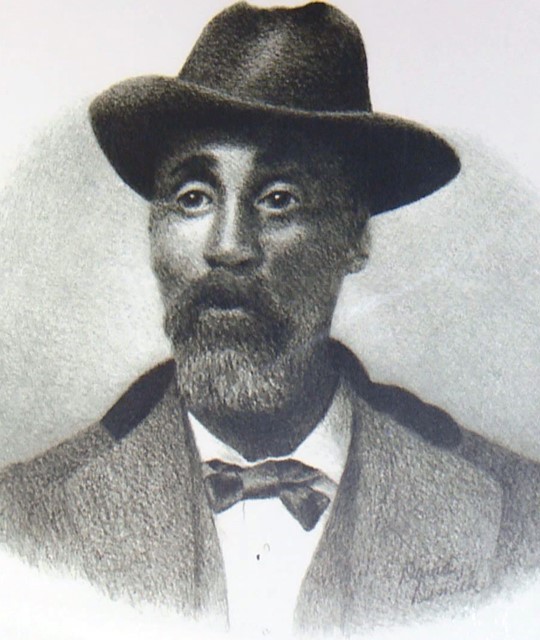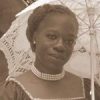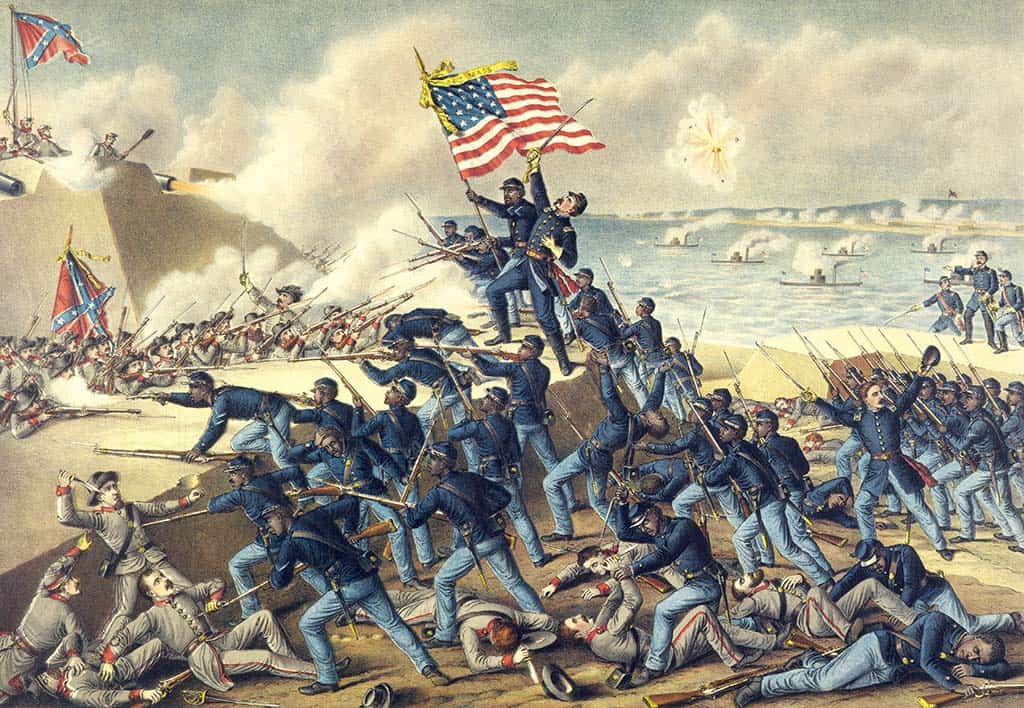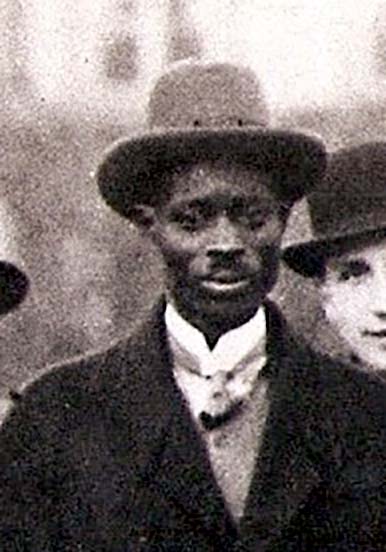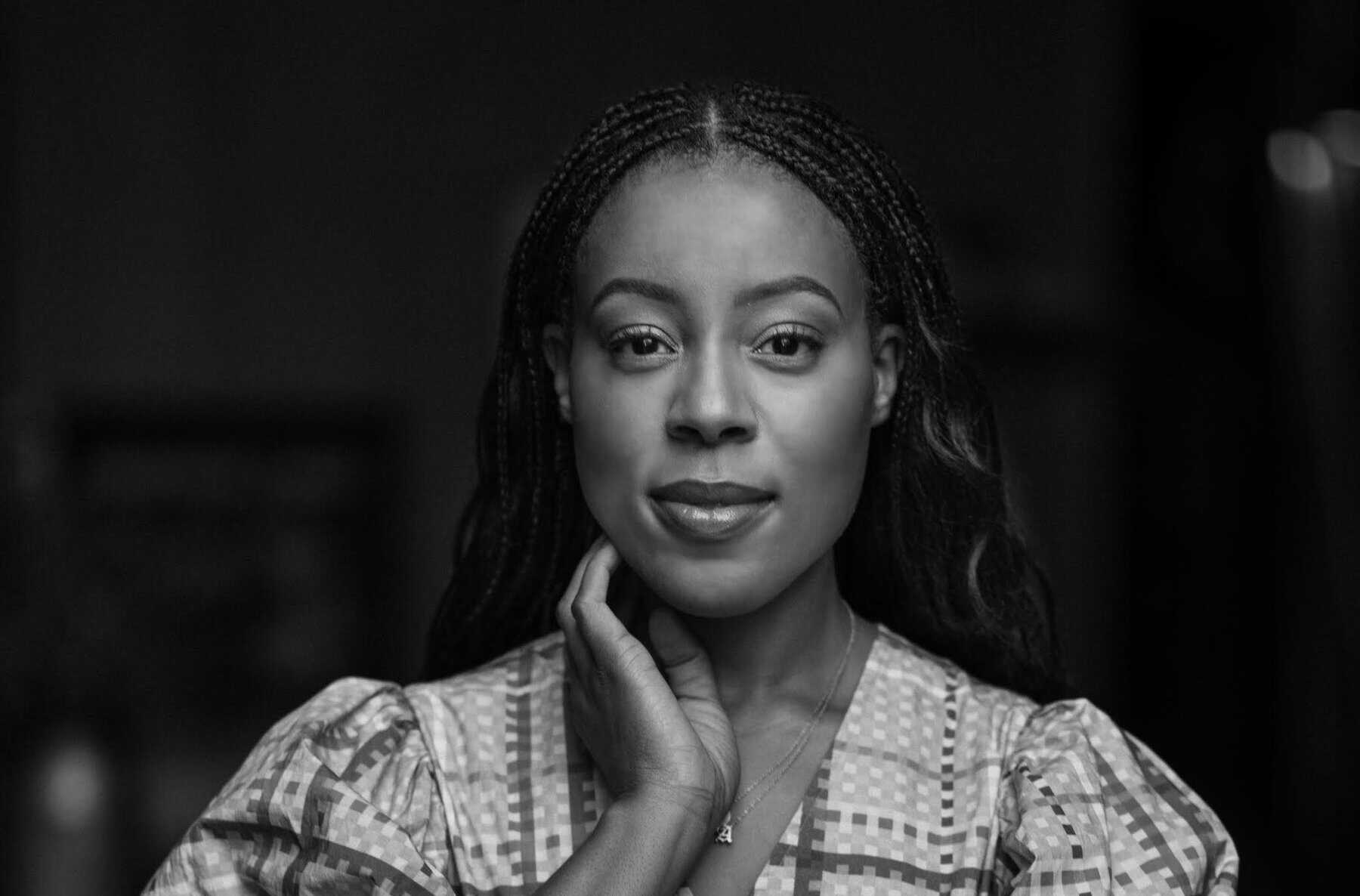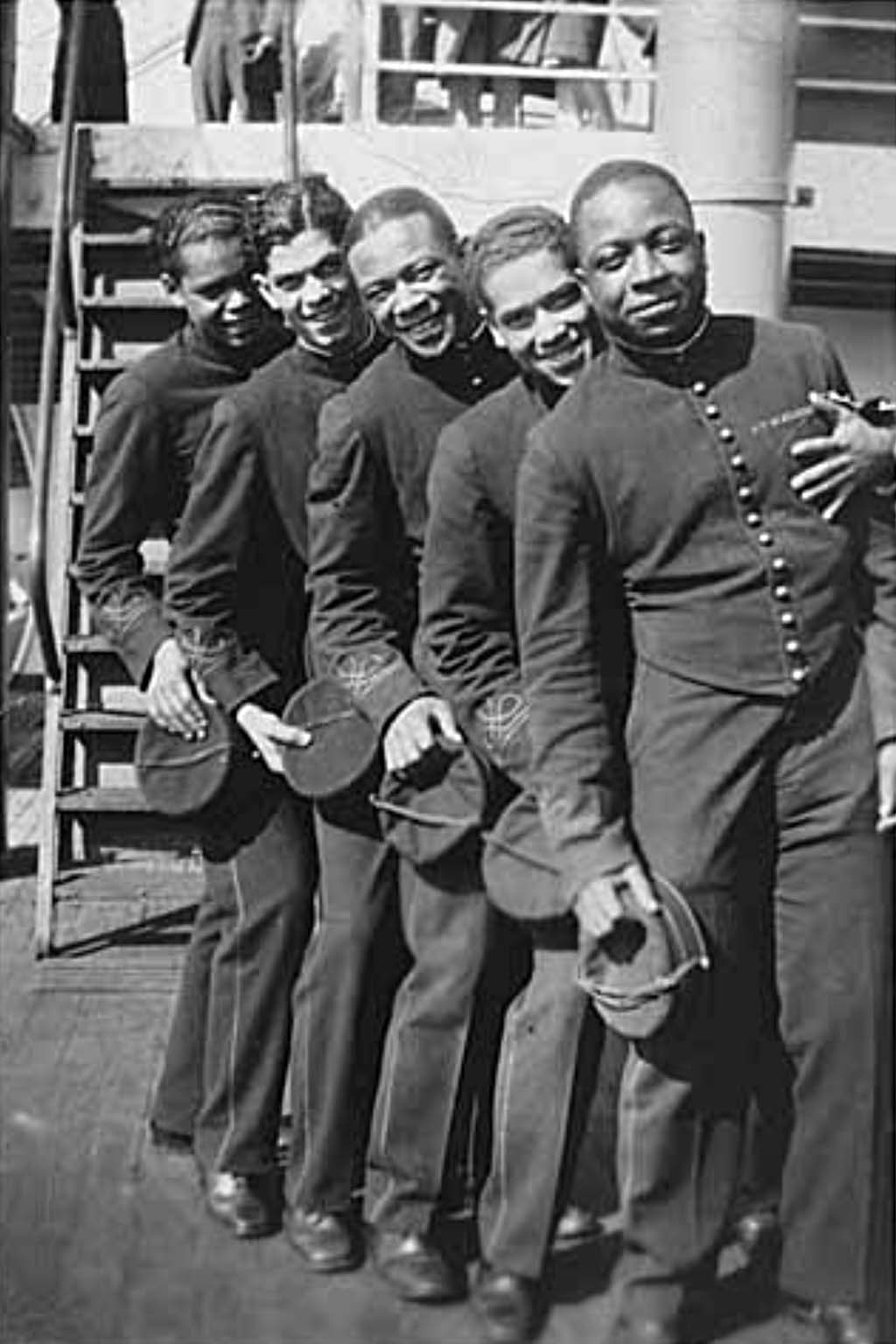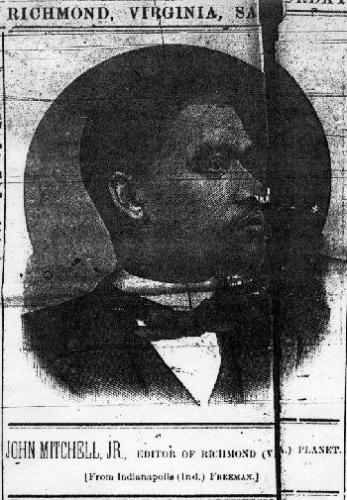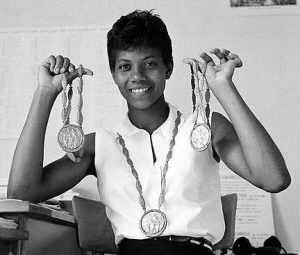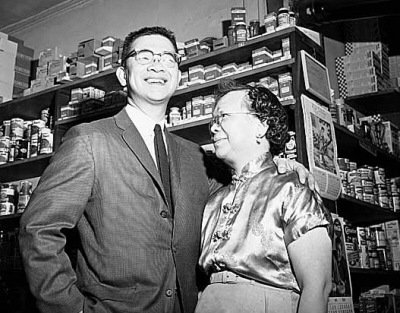Calvin “Cal” Fackler Johnson was a businessman and philanthropist known as the wealthiest African American in Tennessee at the time of his death in 1925. Johnson was born enslaved in Knoxville, Tennessee, on October 14, 1844. His father, Cupid Johnson, was owned by William Howel of Grainger County but was sold to Charles McClung after his owner’s death. Cupid Johnson became a successful horse trainer and jockey for the McClung family. Calvin’s mother, Harriett Johnson, was a housemaid owned by the McClung family.
In his youth, Johnson helped care for horses alongside his father. During the Civil War, Johnson served as a cart driver for Union soldiers from East Tennessee, replenishing supplies and carrying messages home to the wives of the soldiers. Johnson became a free man after the ratification of the 13th Amendment in 1865 and first gained employment as a cook. He then worked for the U.S. government, overseeing former slaves who buried Union soldiers in the Knoxville National Cemetery. Johnson petitioned the government to move the remains of former African American Union soldiers that were hastily dug near battlefields throughout the countryside. He received a contract to re-inter the bodies of those soldiers in the Knoxville National Cemetery and other official gravesites.
Johnson used his earnings from this work to open a grocery store, which his first wife, Mary Alice Hayes, managed. The couple had married on December 23, 1875, but divorced shortly afterward. Johnson then became a reclusive alcoholic. Eventually, he sobered and found work again as a cook and then as a bartender. Despite his occupation, Johnson gave up drinking, saved his money, and by the mid-1880s, he had purchased three popular Knoxville saloons.
After purchasing land in 1890, Johnson built a racetrack (now a street named Speedway Circle) and owned several thoroughbred horses. One of his horses won a world speed record in 1893 at the Columbian Exposition in Chicago. He also owned rental homes and business properties. Johnson built a three-story warehouse on State Street in 1898, which is still known as the Cal Johnson Building. Amazingly, Johnson never learned to read or write and used a stamp to sign documents. Now prosperous and popular, Johnson served as a Knoxville city alderman from 1883 to 1885. He married Maggie Erwin, a woman thirty years younger than he. The couple never had any children.
By this point, a noted Knoxville philanthropist to local African American organizations, Johnson was a frequent benefactor to the local orphanage and donated a building on the corner of Patton and Vine Streets for the first local Black YMCA. A 1907 Tennessee prohibition ordinance forced Johnson to close his saloons and his racetrack. He began to pursue other business options, including owning one of the city’s first movie houses. As part of Knoxville’s Appalachian Exposition in 1910, Johnson cut down the last remaining tree on his racetrack to receive the city’s first airplane.
In 1922, Knoxville created Cal F. Johnson Park on what is now known as Hall of Fame Drive. Johnson donated money for the land, flagpole, lights, sidewalks, and a large fountain. At the time of Johnson’s death in 1925 at the age of eighty, his fortune was valued between $300,000 to $500,000, which equals in modern times to between $4 and $6 million. The Cal Johnson Recreation Center was erected in Cal F. Johnson Park in 1957 to his memory.

